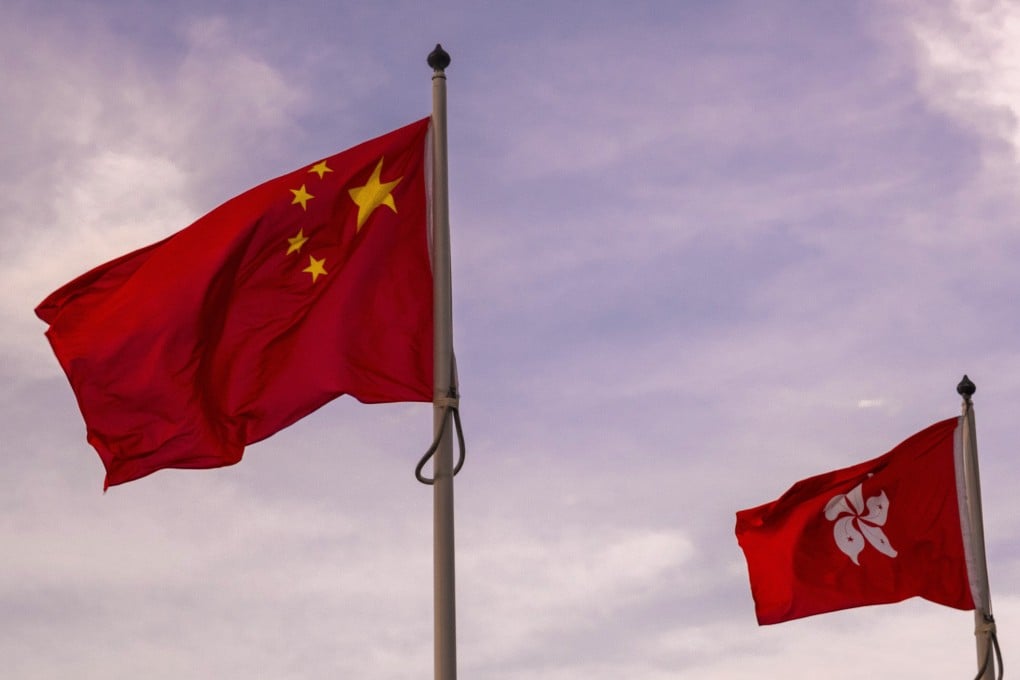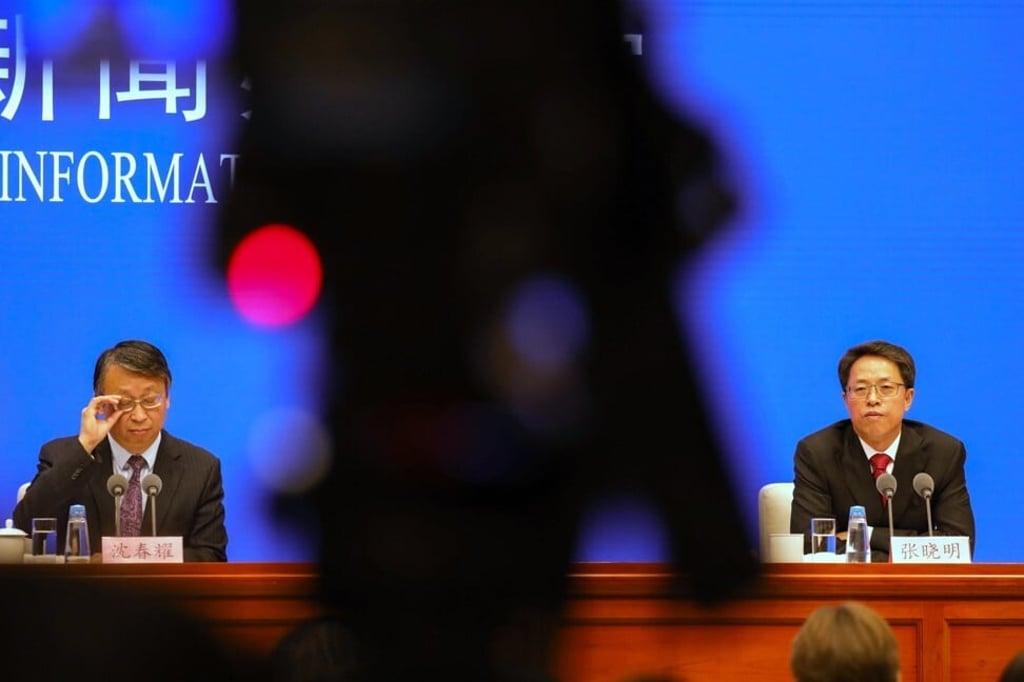National security law will uphold ‘one country, two systems’ in Hong Kong, top Beijing official says
- The new law ‘effectively stops the loopholes’ that existed in Hong Kong and undermined national security, senior Beijing official says
- Hong Kong and Macau Affairs Office says passage of the law marks a new milestone in central government policy for the city

Speaking at a press conference on Wednesday in the Chinese capital the morning after the sweeping law took effect, Zhang Xiaoming, deputy chief of the State Council’s Hong Kong and Macau Affairs Office, dismissed allegations that the law would destroy the principle under which the city is ruled.
Another senior Beijing official told journalists the law would plug the loopholes that had prevented the city from guarding against threats to China.

Shen Chunyao, head of the legislative affairs commission of the National People’s Congress Standing Committee, said: “The law can effectively protect national security, and prevent and punish crimes that endanger national security in relation to the Hong Kong Special Administrative Region.
“It effectively stops the loopholes in the SAR in relation to establishing a framework to protect national security.”